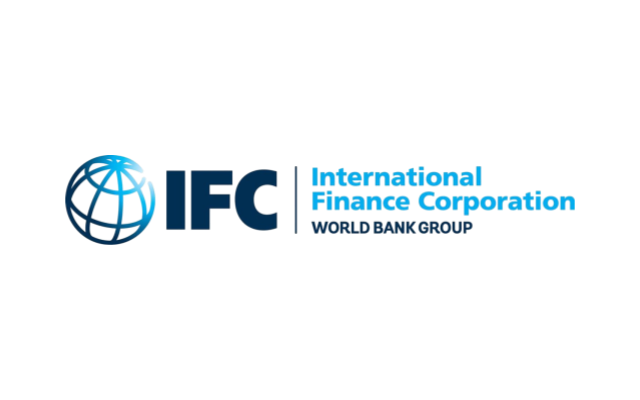The International Finance Corporation (IFC) is a member of the World Bank Group, dedicated to fostering private sector development in emerging markets, reducing poverty and promote sustainable economic growth globally. Discover the social impact initiatives that IFC has been actively developing. This page highlights key insights into their community-focused projects and sustainable development efforts.

